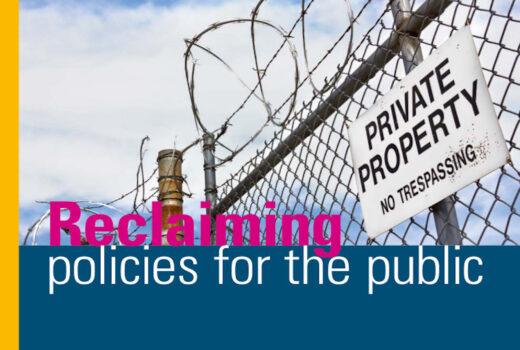A full list of STWR’s publications as well as related news, articles and blogs can be found below.
Prepare now for the next financial crisis
Article / 25th July 2017The Asian financial crisis started 20 years ago and the global financial crisis and recession 9 years back. When a new global financial crisis strikes, the developing countries will be more damaged than in the last crisis as they have become less resilient and more vulnerable. They thus need to prepare from being overwhelmed.
WHO estimates cost of reaching global health targets by 2030
Report / 21st July 2017The SDG Health Price Tag, published in The Lancet Global Health, estimates the costs and benefits of progressively expanding health services in order to reach 16 Sustainable Development Goal (SDG) health targets in 67 low- and middle-income countries that account for 75% of the world’s population.
Global spotlight report warns against risks of public-private partnerships
Report / 21st July 2017Public-Private Partnerships (PPPs), usually portrayed as a useful tool towards sustainable development, actually “involve disproportionate risks and costs for people and the public purse”, claims a global coalition of civil society organizations and trade unions in the Spotlight Report 2017 launched earlier this week.
Inequality is not inevitable, it’s a policy choice. For proof, look at Namibia
Article / 20th July 2017Don’t despair that the huge gaps between rich and poor cannot ever be bridged. As Oxfam’s new ‘Commitment to Reducing Inequality’ index shows, government policies really can help to shape more – or less – equal societies and economies. By Max Lawson.
A world in trouble: drought, war, food, flight
Article / 19th July 2017Climate change is becoming a permanent reality affecting food supplies in many parts of the world, escalating a new international food crisis in 19 countries. As the trend of increasing migratory flows worsens, there is no escape from the need for a rapid reduction in carbon emissions, writes Paul Rogers for openDemocracy.

